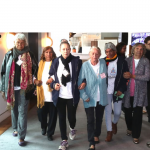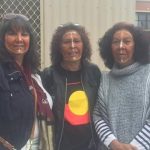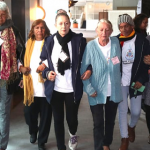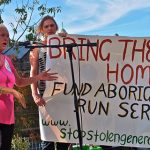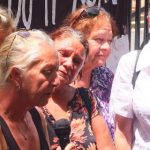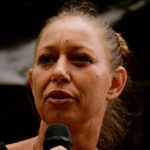Legislating to End the Forced Removals of First Nations Children in NSW
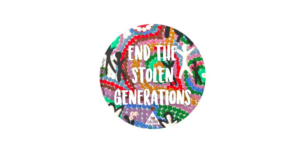
The policy of forcibly removing Indigenous children from their families is common to the settler colonial nations that were established by the British Empire, which are today known as the United States, Canada and Australia.
In this country, the practice that spanned two centuries has been dubbed the Stolen Generations.
Yet, despite then Australian PM Kevin Rudd having apologised in 2008 for this nationwide cultural assimilation practice, groups like Grandmothers Against Removals (GMAR) have been at pains to raise awareness to the fact that the process still continues to this day.
The 2021 Productivity Commission report shows that in NSW there were 6,688 Aboriginal and Torres Strait Islander children in out-of-home care in June 2020, which accounted for 41 percent of all those in state care, even though First Nations kids under 19 make up just 6 percent of the NSW populace.
Today, the practice of Indigenous child removals continues under the NSW Department of Communities and Justice, while in 2018, the Berejiklian government passed forced adoption laws making it less likely that First Nations kids, once removed, will ever be returned to their families.
And since the NSW government is yet to act upon the 2019 Family is Culture report – which it commissioned to inquiry into the removal of Aboriginal kids from their families – NSW Greens MLC David Shoebridge is about to introduce legislation based on the landmark investigation.
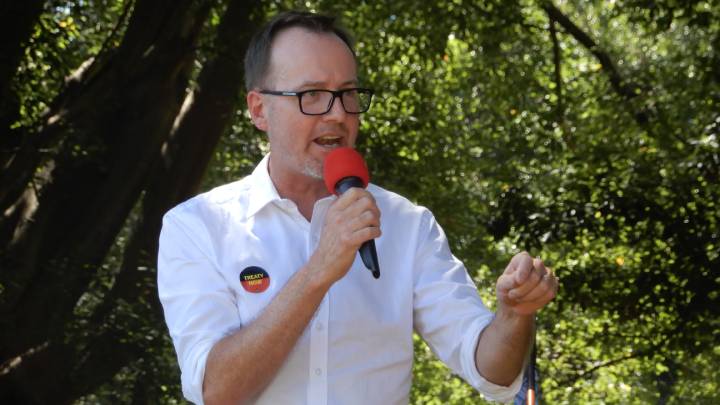
State perpetrated violence
“Two years ago, Professor Megan Davis set out the changes that are needed to reverse the stolen generations in NSW, but the government refuses to act,” said Shoebridge on the day he announced the coming legislation. “This is a crisis, and if the government will not act, the parliament must.”
“First Nations children are still being stolen from their families, their culture and Country, despite all the empty promises and tears from politicians,” the NSW Greens Aboriginal justice spokesperson added.
Shoebridge has already produced a draft bill based on the recommendations of Family is Culture. It was developed in consultation with Aboriginal communities, and it aims to abate a system that continues to remove First Nations kids at 11 times the rate of non-Indigenous children.
As GMAR’s Helen Eason told Sydney Criminal Lawyers in 2018, First Nations kids who are removed from their families are more likely to end up in correctional facilities in later life. So, there’s a direct link between the Indigenous overrepresentation in out-of-home care and that in the prison system.
“The appalling rate of removal of Aboriginal children in NSW is an act of continuing violence against Aboriginal communities with child ‘welfare’ institutions that are not culturally safe for Aboriginal families,” Shoebridge added.
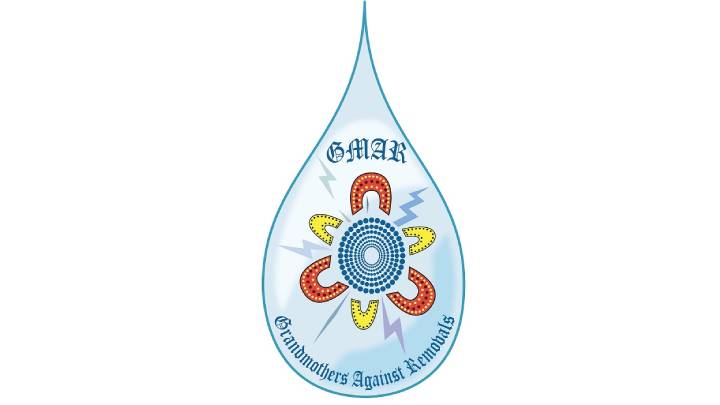
Continuing stolen generations
In December 2016, the NSW communities minister announced UNSW Law Professor Megan Davis would undertake an independent inquiry into Aboriginal child removals in this state. And the Cobble Cobble woman of the Barrungam nation delivered the Family Is Culture report in October 2019.
Davis was given unique access to the out-of-home care files on First Nations children over the 12 month period 2015-16. And she was charged with identifying reasons for the “high and increasing rates” of removals and to develop strategies to reduce them.
Section 13 of the Children and Young Persons (Care and Protection) Act 1998 (NSW) (the Care Act) contains the Aboriginal and Torres Strait Islander Child Placement Principle, which means that placing First Nations children in non-Indigenous surroundings should be a last resort.
However, Davis found that DCJ has abandoned this principle to a culture of compliance and risk management.
The Family Is Culture report contains 125 recommendations, which include reworking the provisions of the Care Act to ensure the right to self-determination.
In response, the state government has advised it will consider 24 of the recommendations, however this won’t be done until 2024.
“The right to self-determination is not about the state working with our people, in partnership,” the professor underscored in her report.
“It is about finding agreed ways that Aboriginal people and their communities can have control over their own lives and have a collective say in the future wellbeing of their children and young people.”
Self-determination in law
On 21 October, Shoebridge moved a notice of motion outlining that he’ll soon be introducing the Children and Young Persons (Care and Protection) Amendment (Family Is Culture Review) Bill 2021. And the draft bill has already been released.
The document accompanying the legislation outlines that it seeks to meaningfully legislate self-determination into the Care Act, which will “enshrine a stronger mandate for Aboriginal Community Controlled Organisations to inform court decisions”.
This includes a definition of self-determination that provides a collective right to First Nations to freely “pursue economic, social and cultural development, and develop and implement culturally appropriate processes, services, supports and frameworks that engage and empower Aboriginal children and families”.
The bill further addresses 17 report recommendations, including a public interest defence to the section 105 child removal gag order, a measure to exclude for-profit organisations from the process, and a provision to require “active efforts” to prevent a First Nations child from entering the system.
Acting on another key recommendation, the Shoebridge legislation further seeks to insert sections 12A and 12B into the Care Act, which would specifically prohibit the option of adoption for Aboriginal and Torres Strait Islander children.
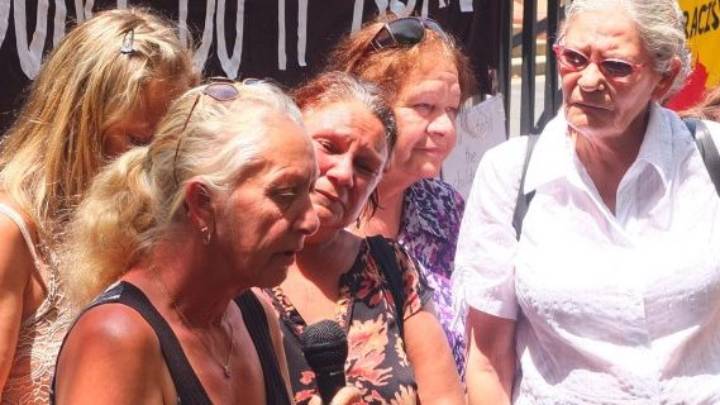
Counteracting removals
In the Family Is Culture report, Professor Davis also acknowledges the formidable impact that Aboriginal activists, especially grandmothers, have had “as an informal regulator of the child protection system”.
Formed in the northern NSW town of Gunnedah, Grandmothers Against Removals is a group of First Nations women who commenced campaigning in early 2014 to bring an end to the forced removals of their grandchildren by the state.
GMAR led other such groups to form across the continent. It also established a liaison committee to work with the department, and it went on to produce a set of guiding principles to strengthen Aboriginal participation in child protection, which Shoebridge drew upon in drafting his bill.
“They don’t take into account our way of parenting. We don’t just parent as mum and dad,” said GMAR founder Aunty Hazel Collins back in 2016. “They put them with white families. They take them off Country. This is what they don’t understand.”
“We’re not asking them to understand our way,” the Gomeroi elder explained. “All we’re demanding from them is that they acknowledge the difference – the cultural difference.”


